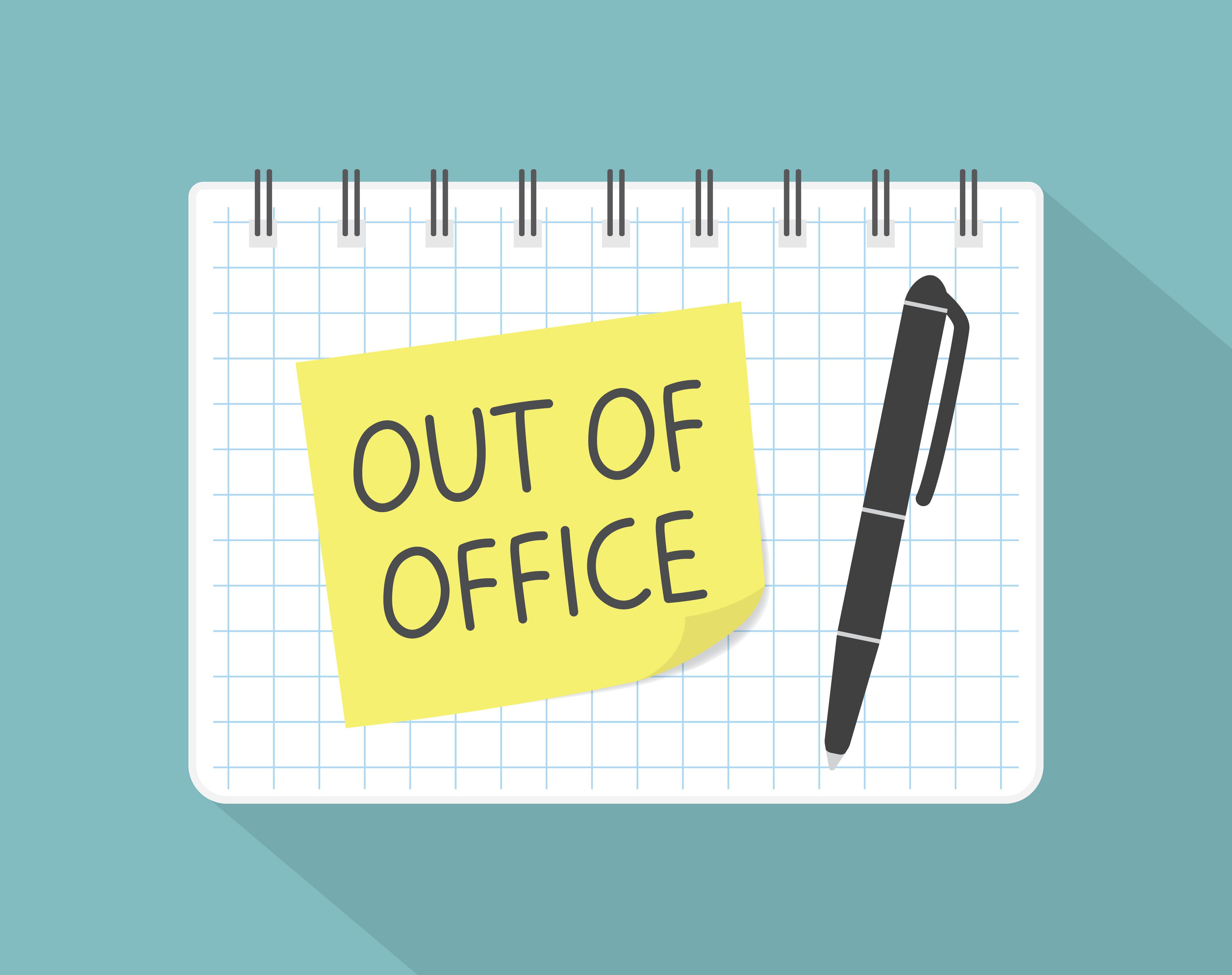The holiday season is not without its own unique stress.
The rush of it all — to decorate more, buy more, cook more — often begins with excitement and ends with exhaustion. And for all the good it can bring around a festive fireplace or a fiest, the holidays are also a reminder that the end of the year is fast approaching. And deadlines, unlike gifts, can’t always be neatly tied up with a bow.
“Of course, the holidays are the busiest time of the year for many government agencies, particularly public health and safety workers,” said Melissa Jezior, president and chief executive officer of Eagle Hill Consulting, in a statement. “So taking time off just isn’t realistic for many government workers.”
RELATED

Data compiled by Eagle Hill says as much: more than a quarter of government employees say they haven’t taken a vacation in the past year. Lower-income employees and Gen-Zers, or those born between the mid-1990s and mid-2010s, are most likely to leave vacation time on the table, per the report, which sampled responses from federal, state and local government workers.
Low utilization of leave also coincides with public sector employees having higher rates of burnout compared to their private sector counterparts.
Nearly 45% of employees said that the cost of taking a vacation is a significant barrier. Another 40% said they feel self-imposed pressure to complete their work. Others said they cannot find someone to cover their shift, deal with too heavy workloads or are expected to stay on top of work by management.
Some civil servants also work irregular schedules that make taking time off difficult to coordinate with school or childcare. Others are needed throughout the holidays, including 132,000 full-time federal law enforcement officers and 371,000 critical health care workers and support staff at the Department of Veterans Affairs.
Even of those who do take time off, about 29% still check their work emails.
For the federal government, many agencies have said they’re operating under smaller staffing or funding levels than they have in the past, meaning a meaty budget for fiscal 2024 is high on their wishlist this year. Congress has yet to work its way out of short-term funding bills, with the next deadline looming a few weeks after New Years.

RELATED

In its own survey, the government’s HR agency found that about two-thirds of employees say their workload is manageable. Almost 85% said their supervisor recognizes employees’ needs to balance work with other personal responsibilities, according to the 2023 Federal Employee Viewpoints Survey.
Generally, civil servants may use their leave banks for “vacations, rest and relaxation, and personal business or emergencies,” subject to approval, says the Office of Personnel Management.
In addition, there are 12 federally recognized holidays that give employees paid time-off. Some agencies have also gotten in the habit of offering employees early release on days before a holiday when the day is likely to be slow.
Most federal employees can carry over a maximum of 240 hours of leave into the next year. The deadline to schedule annual leave for 2023 is Dec. 2.
Molly Weisner is a staff reporter for Federal Times where she covers labor, policy and contracting pertaining to the government workforce. She made previous stops at USA Today and McClatchy as a digital producer, and worked at The New York Times as a copy editor. Molly majored in journalism at the University of North Carolina at Chapel Hill.





